BAF-CM412-100μg / 询价
BAF-CM412-500μg / 询价
BAF-CM412-500μgx2 / 询价
Cynomolgus BAFF/TNFSF13B/CD257 Trimer Protein
Recombinant Cynomolgus BAFF / TNFSF13B / CD257 Trimer Protein is expressed from HEK293 with His tag and Avi tag at the N-Terminus. It contains Thr141-Leu285.[Accession | A0A2K5V2X4]
The protein has a predicted MW of 54.2 kDa. Due to glycosylation, the protein migrates to 55-60 kDa based on Tris-Bis PAGE result.
Less than 1EU per μg by the LAL method.
> 95% as determined by Tris-Bis PAGE
Lyophilized from 0.22μm filtered solution in PBS (pH 7.4). Normally 8% trehalose is added as protectant before lyophilization.
Centrifuge the tube before opening. Reconstituting to a concentration more than 100 μg/ml is recommended. Dissolve the lyophilized protein in distilled water.
-20 to -80°C for 12 months as supplied from date of receipt.
-80°C for 3-6 months after reconstitution.
2-8°C for 2-7 days after reconstitution.
Recommend to aliquot the protein into smaller quantities for optimal storage. Please minimize freeze-thaw cycles.
B-cell activating factor (BAFF) also known as tumor necrosis factor ligand superfamily member 13B is a protein that in humans is encoded by the TNFSF13B gene.BAFF is a cytokine that belongs to the tumor necrosis factor (TNF) ligand family. This cytokine is a ligand for receptors TNFRSF13B/TACI, TNFRSF17/BCMA, and TNFRSF13C/BAFF-R.
BAFF; BLyS; CD257; TNFSF13B; TNFSF20; DTL; TALL1; TALL-1delta BAFF; TALL1Delta4 BAFF; THANK; ZTNF4; TALL-1
(1)Bossen C , Schneider P. BAFF, APRIL and their receptors: Structure, function and signaling[J]. Seminars in Immunology, 2006, 18(5):0-275.





